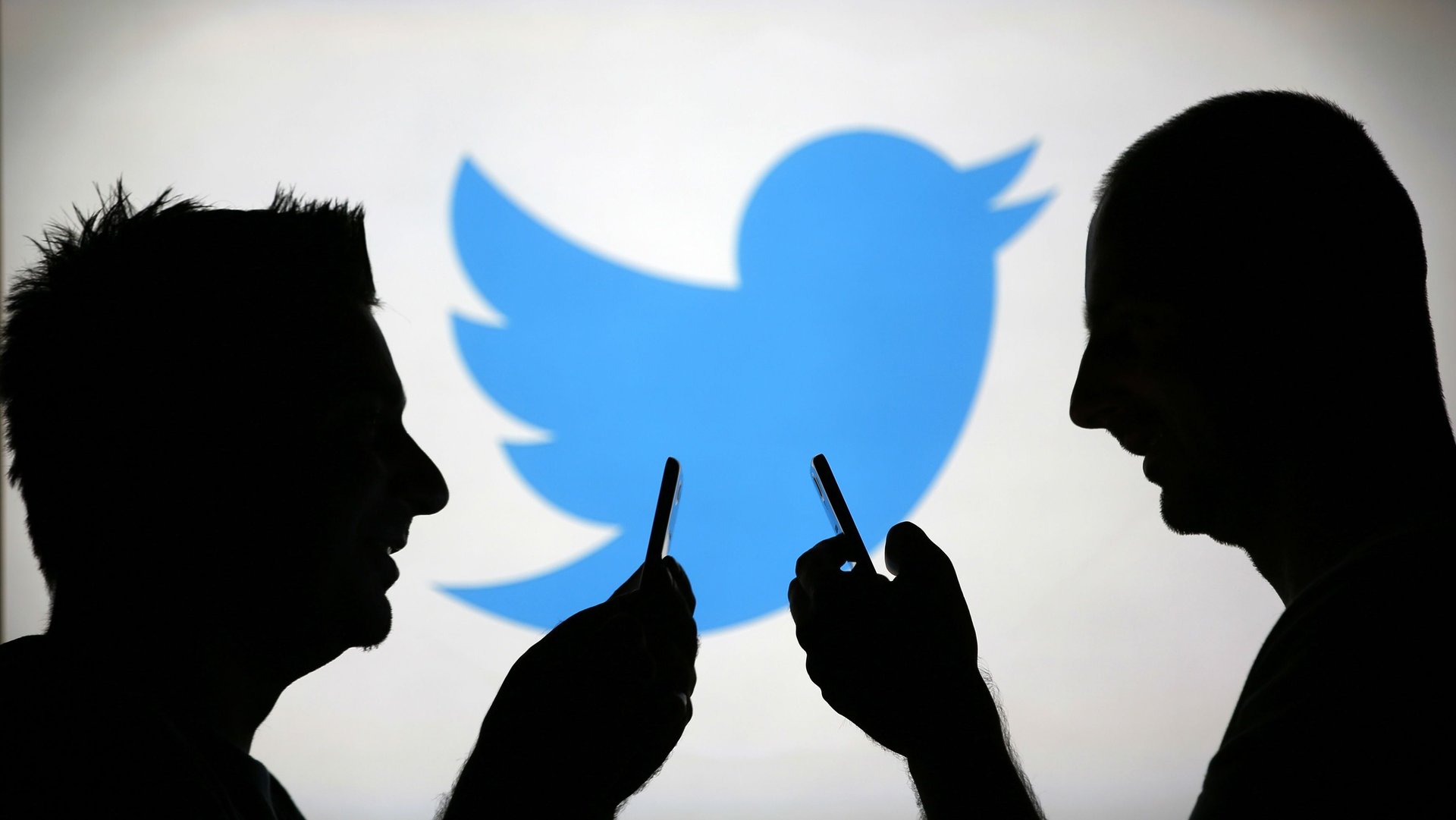Twitter is taking a stand against “revenge porn”
After CEO Dick Costolo admitted that Twitter “suck[s] at dealing with abuse,” the company is trying to improve the way it handles revenge porn, the posting of nude or sexual images or videos publicly without the subject’s consent. It marks Twitter’s second move toward defeating trolls after it made it more difficult for users to be “doxxed,” or have their private information exposed against their will.


After CEO Dick Costolo admitted that Twitter “suck[s] at dealing with abuse,” the company is trying to improve the way it handles revenge porn, the posting of nude or sexual images or videos publicly without the subject’s consent. It marks Twitter’s second move toward defeating trolls after it made it more difficult for users to be “doxxed,” or have their private information exposed against their will.
Twitter added “intimate photos or videos” to its list of confidential information that users cannot post without the subject’s consent (emphasis our own):
Private information: You may not publish or post other people’s private and confidential information, such as credit card numbers, street address or Social Security/National Identity numbers, without their express authorization and permission. You may not post intimate photos or videos that were taken or distributed without the subject’s consent.
The company also updated its abusive behavior policy to include the posting of revenge porn:
Users may not make direct, specific threats of violence against others, including threats against a person or group on the basis of race, ethnicity, national origin, religion, sexual orientation, gender, gender identity, age, or disability. In addition, users may not post intimate photos or videos that were taken or distributed without the subject’s consent.
Twitter, though, admits that posting such material isn’t always in clear-cut violation of its terms of service. What if, for instance, a photo has already reached all corners of the internet (like during the celebrity hacking scandal) and is then posted to Twitter? Though doing so is still a depraved act, it may not necessarily be against Twitter’s rules:
Keep in mind that although you may consider certain information to be private, not all postings of such information may be a violation of this policy. We may consider the context and nature of the information posted, local privacy laws, and other case-specific facts when determining if this policy has been violated. For example, if information was previously posted or displayed elsewhere on the Internet prior to being put on Twitter, it may not be a violation of this policy.
Twitter told BuzzFeed News that images in violation of this new policy will be deleted and the offender’s account locked. Users could also face permanent suspension if Twitter deems their intent was to harass. The company won’t, however, ban IP addresses or provide them to law enforcement, except “in response to valid legal requests.”
The changes in Twitter’s rules comes only a month after Reddit explicitly banned revenge porn and pledged to remove all images in violation of that new policy. A community as large and diverse as Reddit is rather difficult to police, so it’s unlikely to ever truly rid itself of these kinds of images.